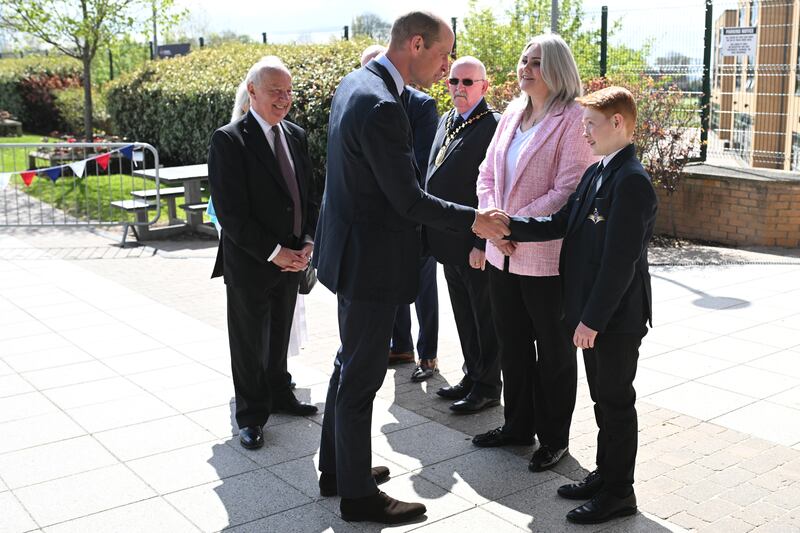SEVERAL years ago, when I was writing my research thesis at university, I encountered a major problem with one of the computer programs that I was using in my analysis.
It was getting close to the submission date, and I was still struggling for results. No matter what way I ran the program, it just didn’t work. I was starting to panic.
I had previously asked some of the people I was working with locally for advice, but that didn’t seem to help either. They gave me the impression that the problem lay either with me or the information that I had collected. I was in a bit of a bind because my whole thesis depended on the results of this analysis. I was not sure what to do next.
In a final desperate attempt, I rang a friend in America. He was one of the world authorities in the research area that I worked on. I was anxious about asking him about what was potentially a very trivial question. I thought that this type of thing was probably beneath him.
To my surprise, he admitted after a few minutes that he didn’t know how to solve this problem either. However, he was aware of someone he thought could solve the problem, a friend of his who was involved in writing the original program. He immediately contacted him to say that I would be in touch. Later that afternoon I rang the programmer; he was very helpful, and he was able to sort the problem out in a few minutes.
I was able to run the analysis and the results made suddenly made sense. He made a simple adjustment and explained to me in a straightforward way how the program worked. I was relieved and didn’t feel just as stupid anymore, and I was able to finish my thesis very quickly.
The episode taught me a couple of valuable lessons. The first was the value of humility. It is important to be able to say to someone that you don’t know the answer to a problem rather than bluffing or attempting to give an approximate answer to keep face.
I was surprised at how quickly my friend was able to say that he didn’t know the answer. I became more aware that his humility was part of the reason he was so successful. He was more interested in getting the answer to my question than maintaining the fiction that he was aware of everything about his subject area. I know that I would probably have bluffed rather than acknowledge my ignorance. I have tried to be better at this.
The second thing I took away was the value of expert knowledge. In most situations, it is better to speak to an expert in the area rather than wasting time with people who think they know the answers. Speaking to 10 individuals who know a little about a subject does not add up to the same thing as talking to one person who is an expert.
However, this also has the caveat that experts need really to be an expert in their area and people need to be confident that they are talking to someone who knows their subject area well.
The role of the expert is especially important in mental health where it can be easy to get poor advice from people who are not entirely qualified. We need more specialists in all aspects of mental health and quicker access to their opinions to people in distress.
:: Dr Francis O'Neill is a consultant psychiatrist and a senior lecturer at Queen's University Belfast.








